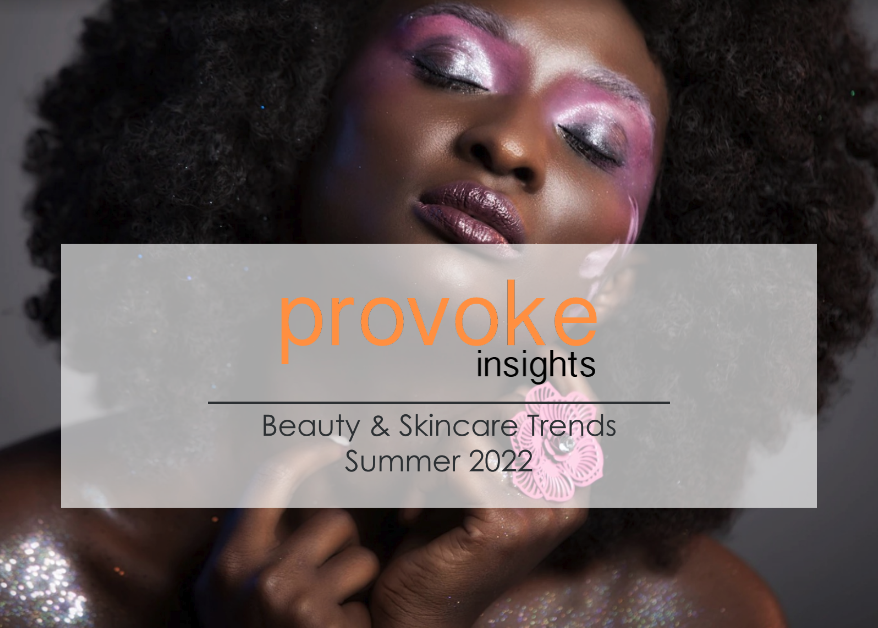COVID-19 forced consumers indoors and ultimately shook-up everyday habits like getting dressed for work and makeup routines. However, many different categories benefited from this shift, like skincare for example, as consumers experimented with new brands as they navigated through their “new normal”. Two years later, our research is tracking these trends to understand who is purchasing beauty and skincare products? What are their similarities, habits, and opinions? How do the various generations from Gen Z to Baby Boomers differ in their trends? At Provoke Insights, the purpose of our fourth wave of in-house research was to understand consumer mindsets, purchasing trends, and brand loyalty in several industries, including beauty and skincare.
Beauty Shopper Profile
Over one-third of Americans (36%) are purchasing beauty products. These shoppers tend to be younger and female. They are also more likely to be mixed ethnicity or Hispanic. Beauty products are preferred to be purchased in in-store by two-thirds of consumers (66%), however one-third (34%) are shopping online for these items.
Beauty purchasers enjoy experimenting with many brands and are not loyal to specific labels. Over half (56%) purchase multiple beauty brands.
Skin Care Shopper Profile
More Americans are purchasing skin care products than beauty products with over two-fifths (44%) buying skin care products. Since the start of COVID, skin care purchasing habits have increased. Almost one-quarter of consumers (24%) agree they are purchasing more, while only one-tenth (10%) say they are purchasing less. While skincare shoppers have similar demographics to beauty purchasers, these consumers especially stand out for their willingness to pay more for sustainably sourced products and consider themselves to be environmentally conscious. Additionally, these buyers are more likely to be optimistic about the future.
Skincare shoppers are more loyal to their tried-and-true brands. Almost half (47%) only or mostly purchase one brand. The most popular skincare product overall is moisturizer (84%), which reflects consumers’ main skincare concerns of dryness (44%), anti-aging (37%), and fine lines/wrinkles (31%).
There are distinct generational differences when it comes to skincare concerns; younger generations are looking to tackle acne and look at the ingredients used in their products, while older generations are more focus on anti-aging products. The type of products differ as well with younger consumers purchasing a wide variety of products including cleansers, lip balms, face masks, sunscreen, and serums. Older generations are more inclined to purchase moisturizers. While in-person sales still lead for skin care (61%), online shopping is gaining traction (37%).
Download the full report for free here.
Methodology
Provoke Insights conducted a 15-minute survey in the spring of 2022 among 1,500 Americans between the ages of 21 and 65. A random stratified sample methodology was used to ensure a high degree of representation of the U.S. population (household income, age, gender, geography, ethnicity, and children in the household). Statistical differences between subgroups were tested at a 95% confidence level. The margin of error is +/-2.5%.









